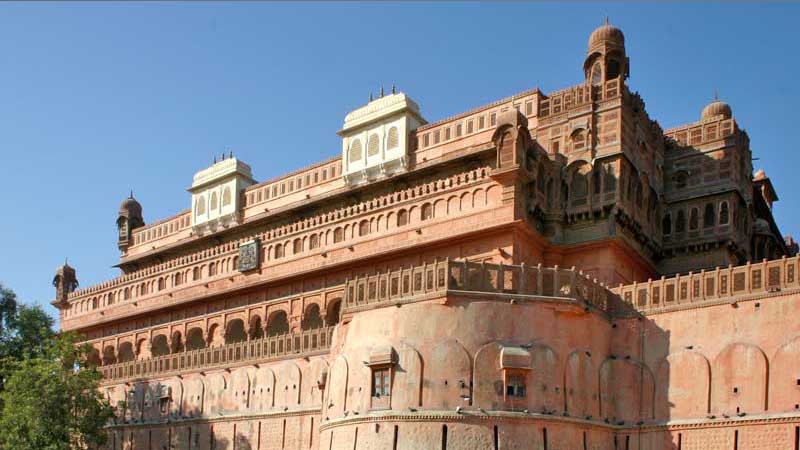
Junagarh Fort Bikaner
Junagarh Fort is one of the most imposing forts of Northern India, has remained
unconquered till date. This fort was built in 15th century by one of the
most able and trusted generals of Akbar, Raja Rai Singh.
A high wall and deep moats surround the fort. The 37 bastions guard the
fort and only two gates provide the access inside the fort. The Suraj pol
or the Sun gate is the main entrance to the fort. The Junagarh Fort has
defied all the attacks except for the brief stint by Kamaran who captured
the fort but was unable to retain his victory more than 24 hours.
Inside the fort is a profusion of 37 palaces, temples and pavilions that
are marvels in red sandstone construction. The palaces have exquisitely
carved windows, balconies, towers and kiosks.The mirrors, paintings and
carved marble panels in the Moon palace are a treat for eyes. The Phool
Mahal or Flower palace was adorned with glasses and mirrors. The victory
over Aurangzeb was celebrated by building the Karan Mahal. The multi-storied
Anup Mahal was the governance chambers for the rulers.
The beautifully maintained rooms now display the treasures of the Royal
family. Also worth visiting are the Ganga Niwas, Dungar Niwas, Vijai Mahal,
and Rang Mahal. The fort museum has an extensive collection of illuminated
manuscripts, jewellery, jars and carpets, arms and weapons, treaties, decorations
and the 'Farmans'.
Architecture
A high wall and deep moats surround the fort. The 37 bastions guard the
fort and only two gates provide the access inside the fort. The Suraj Pol
or the Sun Gate is the main entrance to the fort. The Junagarh Fort has
defied all the attacks except for the brief stint by Kamaran, who captured
the fort but was unable to retain his victory more than 24 hours.
Inside the fort is a profusion of 37 palaces, temples and pavilions that
are marvels in red sandstone construction. The palaces have exquisitely
carved windows, balconies, towers and kiosks. The mirrors, paintings and
carved marble panels in the Moon Palace are a visual treat for the eyes.
The Phool Mahal or Flower Palace was adorned with glasses and mirrors. The
victory over Aurangzeb was celebrated by building the Karan Mahal.
The multi-storeyed Anup Mahal was the governance chambers for the rulers.
The beautifully maintained rooms now display the treasures of the Royal
family. Also worth visiting are the Ganga Niwas, Dungar Niwas, Vijai Mahal,
and Rang Mahal. The fort museum has an extensive collection of illuminated
manuscripts, jewellery, jars and carpets, arms and weapons, treaties, decorations
and the 'Farmans'.
Make Your Trip Now
MOST POPULAR PACKAGES
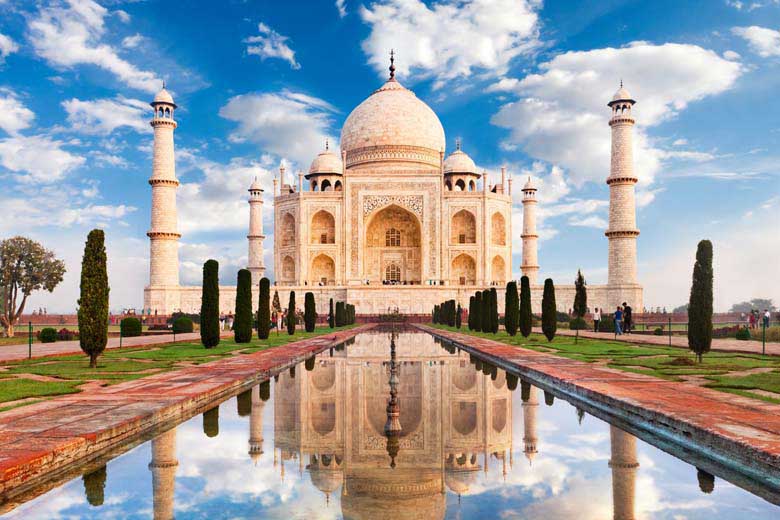
6 Nights / 7 Days
Golden Triangle Vacation Tour
India’s golden triangle is a tourist circuit which includes: Delhi, Agra (including the Taj Mahal), and Jaipur. These trips usually 7 days and do the trip as a circuit starting and ending in Delhi.
View Package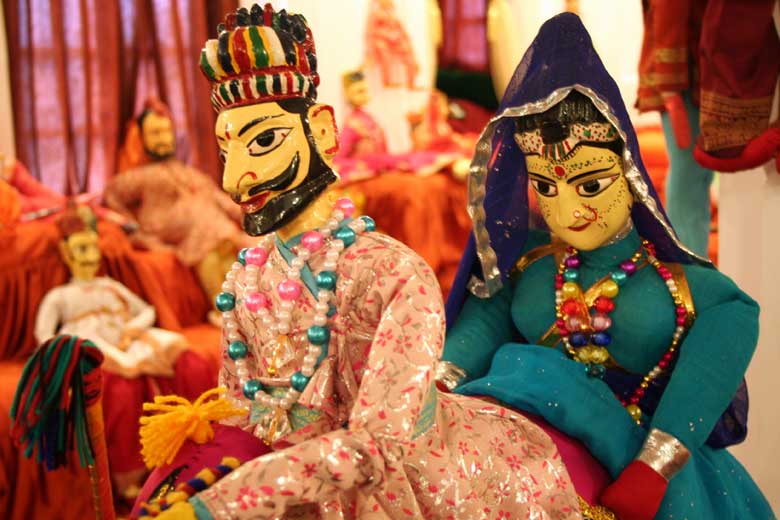
16 Nights / 17 Days
Rajasthan colorful Tour
Coloruful Rajasthan Tour is one of the most popular circuit of India. This tour package accommodates you to endure Rajasthan in all its different colors.
View Package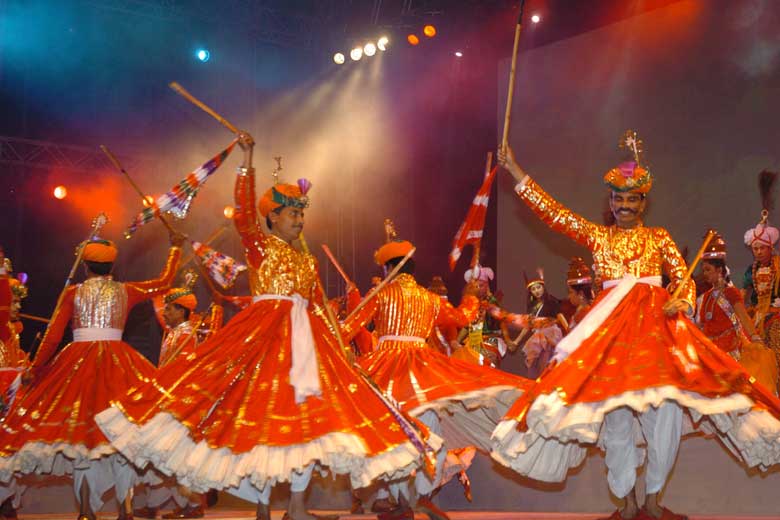
10 Nights / 11 Days
Rajasthan Cultural Tour
The Rajasthan state represents an unusual diversity in all its forms - people, culture, customs, costumes, cuisine, dialects and music and haveli's.
View Package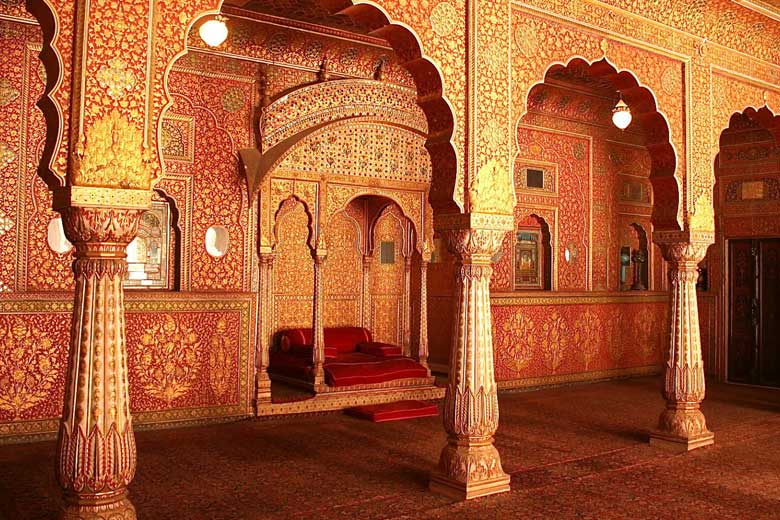
12 Nights / 13 Days
Rajasthan Fort & Palace Tour
Rajasthan is famous all over the world for its stunning forts and palaces that have been gloriously standing since decades in this princely state.
View Package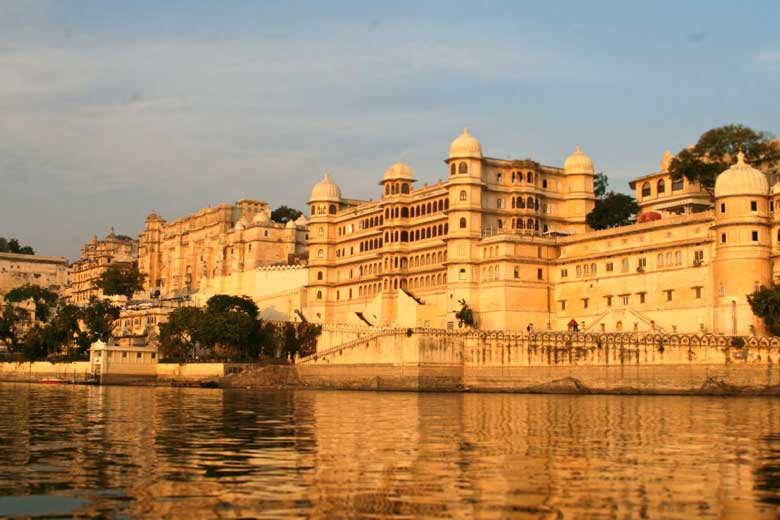
11 Nights / 12 Days
Rajasthan Heritage Tour
Rajasthan known as the "land of kings"provides some marvelous marks from the history in the form of its forts, palaces, mansions and haveli's.
View Package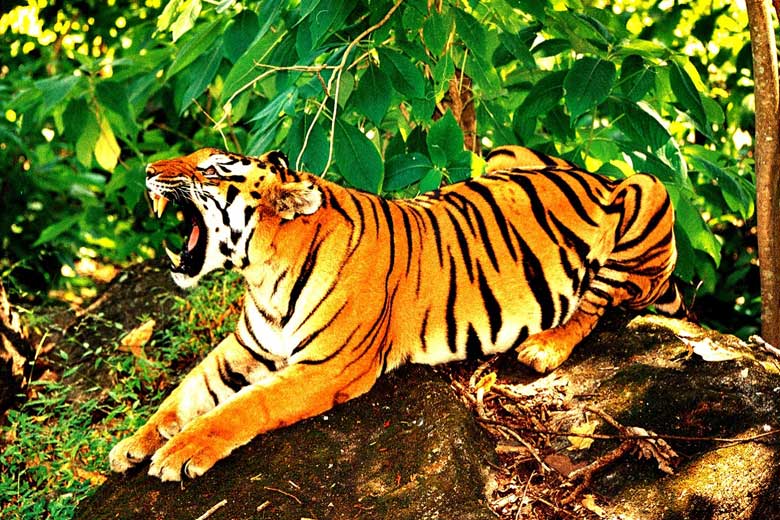
06 Nights / 07 Days
Rajasthan Wildlife Tour
The name Rajasthan has a habit of invoking the images of sun-bathed sand dunes of the Thar Desert, the rustic turban and mustache of Rajasthani men and women’s ghagra.
View Package
 Gujarat Toursim
Gujarat Toursim IATO - Indian Association of Tour Operators
IATO - Indian Association of Tour Operators +91-9811175768
+91-9811175768
